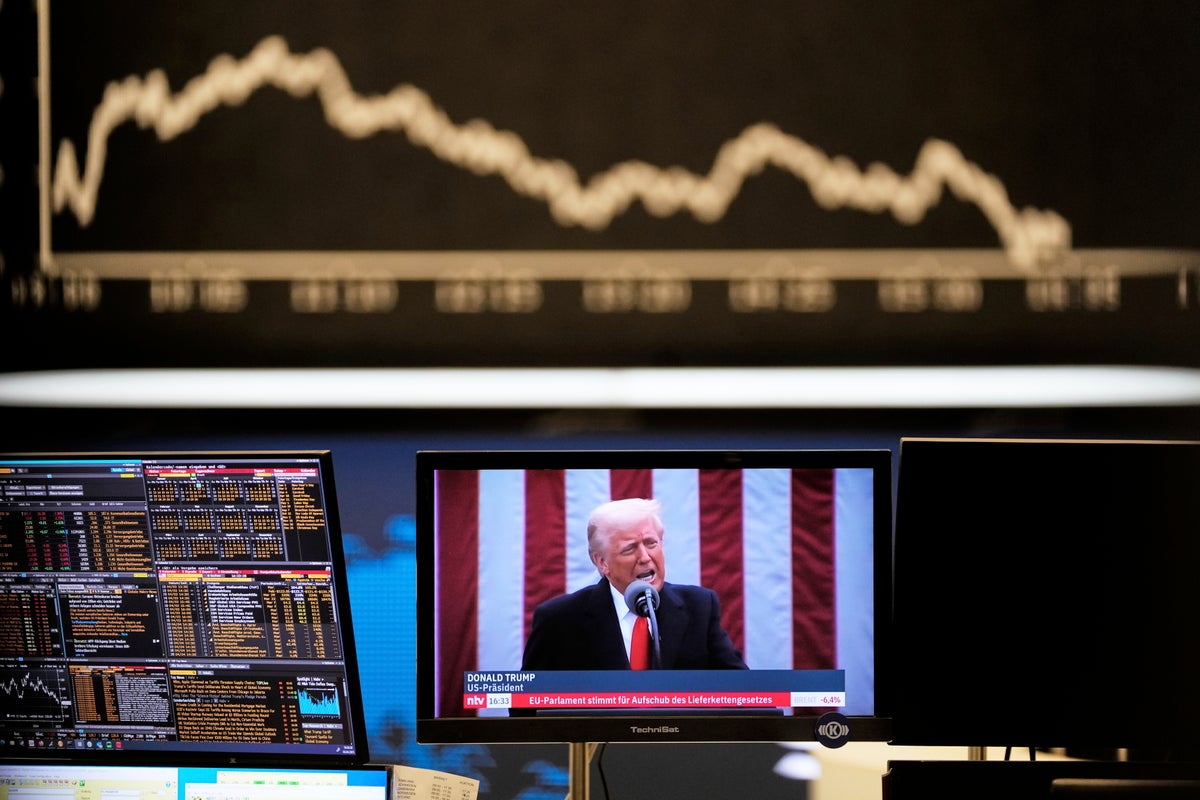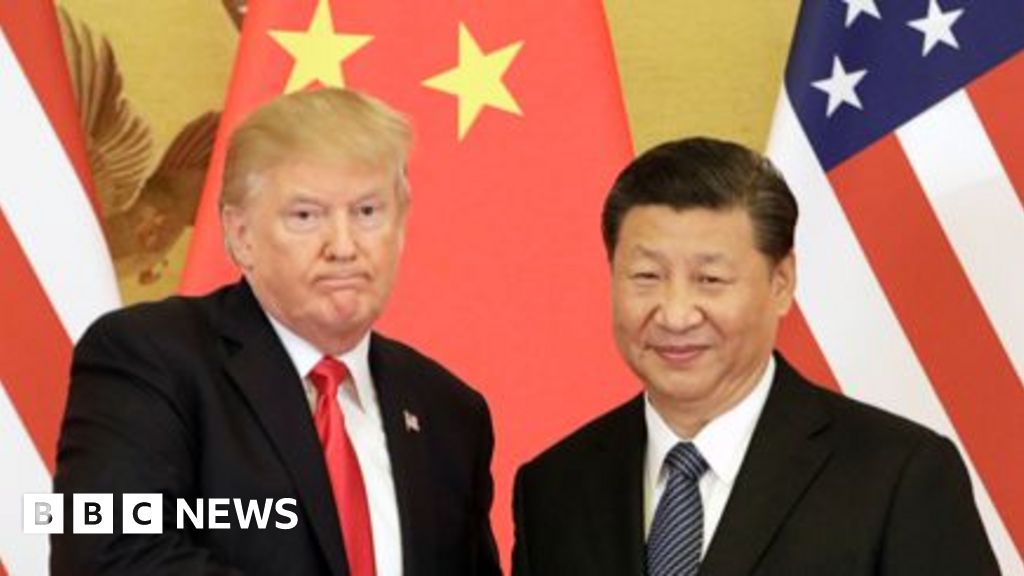The financial implications are significant, with UPS facing increased costs that could potentially be passed on to consumers in the form of higher shipping fees.
Small and medium-sized importers are among the hardest hit by the sudden tariff hikes. Many are grappling with inventory shortages as the cost of importing goods has skyrocketed.
…
The e-commerce sector, heavily reliant on efficient logistics, has been particularly vulnerable to these disruptions. Platforms that depend on timely deliveries have faced significant challenges, with UPS delivery failures compounding the issues caused by tariff-impacted goods.

https://www.msn.com/en-us/money/markets/ups-chaos-proves-tariffs-are-hitting-home-hard/ar-AA1Pd457







